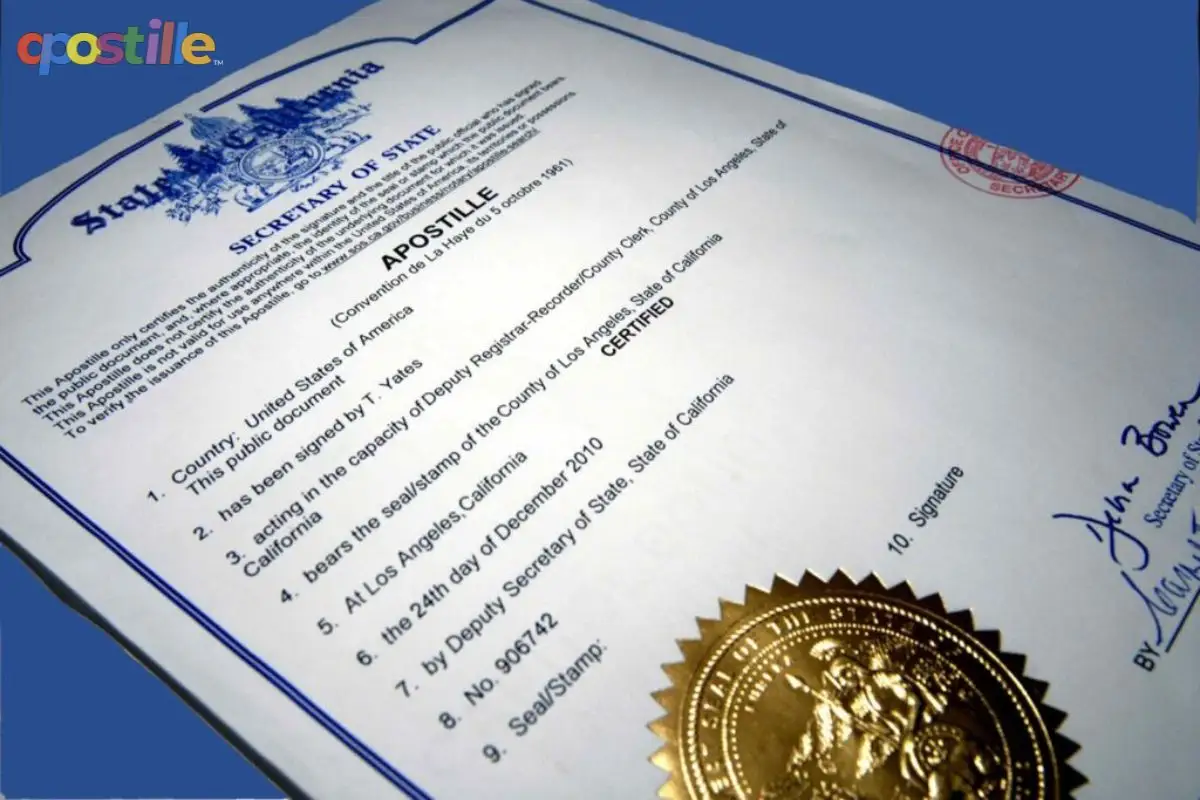Diving Into the Factors Behind the Necessary Need of Apostille Qualification for Legal Papers
In the realm of legal paperwork, the mandatory requirement of apostille certification has become an important facet that significantly impacts the validity and acknowledgment of lawful documents on an international range. Understanding the reasoning behind this need includes delving into the intricate internet of lawful intricacies, historic precedents, and global agreements that emphasize the value of apostille accreditation in today's interconnected world. By checking out the underlying reasons behind this prevalent need, a more clear photo arises of why this relatively administrative process holds such enormous relevance for companies, individuals, and federal governments alike.
Historical Evolution of Apostille Qualification
How did the principle of apostille certification evolve gradually to become a vital part of worldwide record validation? The historic development of apostille qualification go back to the very early 20th century. The need for a streamlined method of verifying documents for use throughout boundaries emerged as worldwide profession and travel boosted. In reaction to this need, the Hague Seminar on Exclusive International Law presented the Apostille Convention in 1961. This global treaty established a structured procedure for certifying the authenticity of records to be recognized in member nations.
Initially embraced by a few European countries, the Apostille Convention progressively obtained international acceptance as a result of its efficiency and effectiveness in verifying the legitimacy of official papers. Throughout the years, the convention's reach broadened as more nations signed up with, identifying the apostille as a globally approved kind of record verification. Today, apostille qualification has become a conventional demand for verifying legal papers in international transactions, ensuring smooth communication and legal proceedings in between countries.
Simplifying International File Legalization
The streamlining of global record legalisation treatments has actually considerably boosted performance in cross-border purchases. Streamlining the process of legalizing documents for global use has actually come to be essential in facilitating swift and seamless deals in between countries. Among the key mechanisms that have added to this simplification is the fostering of the Apostille Convention, which provides a standardized technique for validating the credibility of files across taking part countries.
By sticking to the Apostille needs, countries consent to acknowledge each various other's public files as legitimate without the demand for more legalisation. This eliminates the commonly difficult and extensive procedure of numerous verifications by various authorities, conserving time and sources for people and businesses involved in worldwide tasks.

Making Sure Document Authenticity and Credibility
To make sure the authenticity and credibility of lawful papers in global deals, strict confirmation processes are essential. By needing apostille certification for legal documents, authorities aim to validate the beginning of papers and confirm the signatures of people included.
In addition, confirming the authenticity of legal documents through apostille certification boosts trust fund and self-confidence amongst celebrations involving in worldwide transactions. Ultimately, by upholding rigorous verification standards, apostille qualification contributes to an extra transparent and protected global lawful framework.

Promoting Cross-Border Legal Acknowledgment
In the world of worldwide transactions, the apostille certification not only ensures the authenticity and validity of lawful papers however also plays a pivotal duty in promoting cross-border legal acknowledgment (Houston Apostille). When legal papers birth an apostille certificate, they are readily approved by international authorities without the need for further confirmation. This streamlined process quickens the acknowledgment of files in different nations, promoting performance and minimizing administrative hurdles in lawful matters that go beyond nationwide borders
Promoting cross-border legal acknowledgment with apostille certification promotes count on and self-confidence in the authenticity of documents traded between nations. This recognition is especially important in scenarios such as global company purchases, adoption procedures, or legal process involving celebrations from different jurisdictions. By sticking to the requirements stated by the Apostille Convention, nations accept honor the apostille seals attached to records from other participant nations, thus streamlining the process of legal acknowledgment across borders. Inevitably, the apostille certification functions as a basic tool in advertising seamless worldwide lawful collaboration and making sure the smooth procedure of cross-border transactions.
Conformity With International Treaty Criteria
Compliance with international treaty criteria is imperative for ensuring the consistent application of lawful guidelines across participating countries. The Apostille Convention, developed in 1961, describes the requirements for the approval of public papers amongst member nations.
The Apostille qualification, as mandated by the treaty, works as an assurance of authenticity for documents such as birth certifications, marriage licenses, court judgments, and notarized deeds. This standard technique assists prevent fraudulence and makes sure that legal documents originating from one participant nation are readily approved in one more. By complying with global treaty standards, nations show their commitment to promoting the principles of openness, trust, anchor and participation in legal issues on an international range.
Final Thought

In the world of lawful documentation, the compulsory need of apostille certification has actually become a crucial aspect that considerably affects the legitimacy and acknowledgment of lawful papers on a their website worldwide range. Today, apostille certification has ended up being a typical requirement for validating legal papers in worldwide transactions, making sure smooth interaction and lawful process in between countries.
In addition, verifying the credibility of legal records through apostille certification enhances trust and confidence among parties involving in global purchases.In the world of global purchases, the apostille qualification not just makes certain the credibility and credibility of legal files but also plays a pivotal role in promoting cross-border lawful acknowledgment. By adhering to the standards set forth by the Apostille Convention, countries concur to honor the apostille seals attached to records from various other participant countries, hence streamlining the procedure of lawful recognition across boundaries.